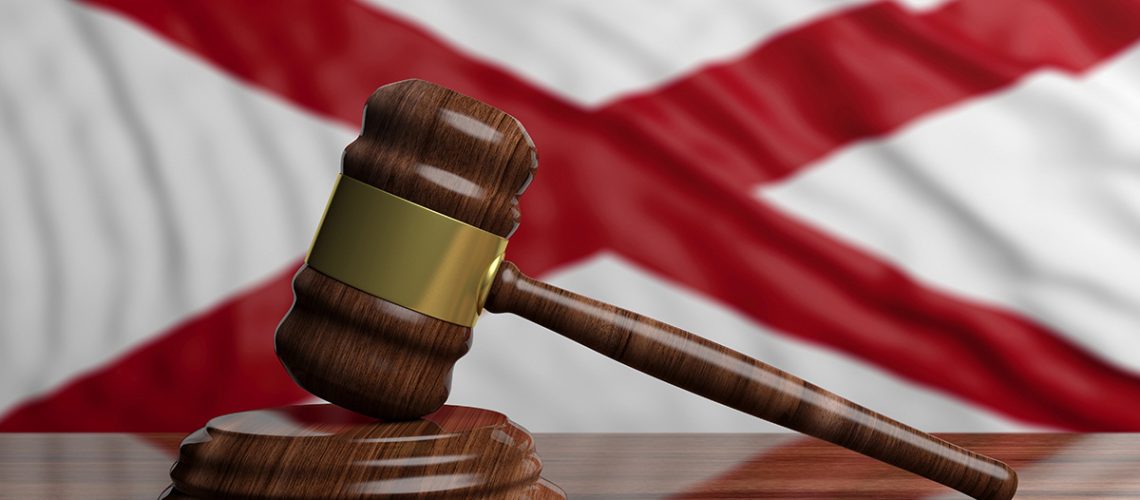Alabama SB 210 was recently introduced and would modify existing laws regarding hospital liens. The bill was introduced in early March and is currently in the Senate Judiciary Committee.
Alabama SB 210 would introduce several changes to how hospitals can claim liens against patient settlements. Specifically, the bill would limit hospital liens by:
- Type of patient coverage.
- A sliding percentage scale for lien recovery, ranging from 20-30% depending on payment timing.
- Patients without insurance would have liens capped at Medicare-equivalent rates plus 10%.
Under Alabama SB 210, hospitals would also be mandated to submit accurate, properly coded claims to healthcare payors before establishing a lien and required to provide patients with medical records and itemized statements within 30 days of a written request. The bill would also streamline the filing procedures, requiring hospitals to file leans with the country probate court and notify potentially liable parties to bring more transparency to the lien process.
Alabama SB 210 also expends the definition of healthcare payors to include governmental programs like Medicare and Medicaid and provides detailed guidelines for how hospitals can perfect and pursue liens under different coverage scenarios.
If passed, Alabama SB 210 would take effect on October 1, 2025. Americollect will continue to follow this bill as it moves forward in Alabama.
Ridiculously Nice Legal Disclaimer
The content provided in this communication (“Content”) is presented for educational and general reference purposes only. Americollect, Inc and/or AmeriEBO LLC either directly or indirectly through speakers, independent contractors, or employees (collectively referred to as “Americollect”) is providing this Content as a courtesy to be used for informational purposes only. The Contents are not intended to serve as legal or other advice. Americollect does not represent or warrant that the Content is accurate, complete, or current for any specific or particular purpose or application. This information is not intended to be a full and exhaustive explanation of the law in any area, nor should it be used to replace the advice of your own legal counsel. By using the Content in any way, whether or not authorized, the user assumes all risk and hereby releases Americollect from any liability associated with the Content.

